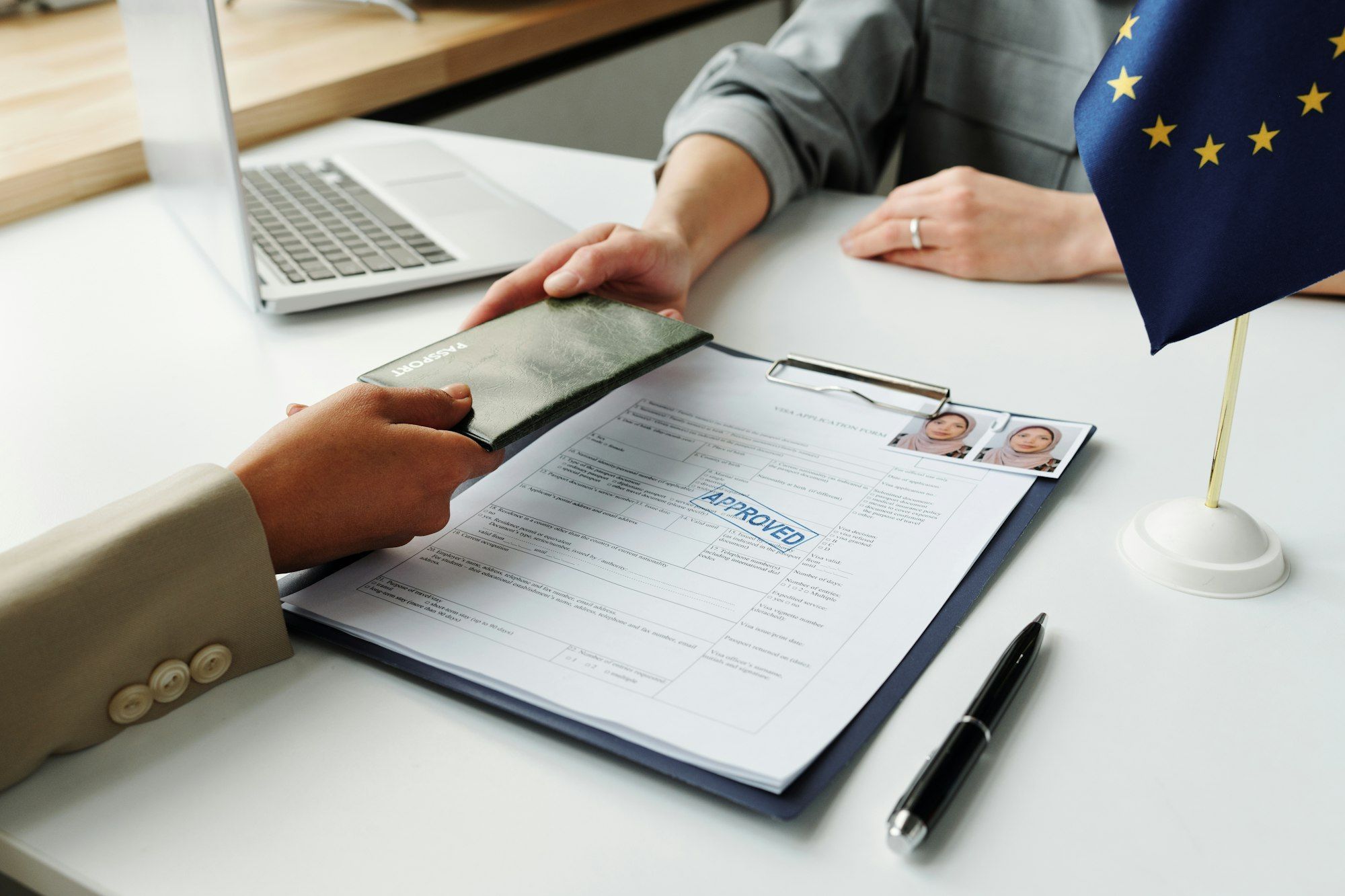The D8 visa unlocks exciting opportunities for digital nomads seeking a new life in Portugal. This visa offers a unique pathway for remote workers to live in a country celebrated for its vibrant culture and stunning landscapes. Understanding the eligibility criteria, application procedures, and real-world experiences can transform your journey. Dive in as we explore everything you need to know about the D8 visa, making your relocation seamless and informed.
Overview of the D8 Visa
The D8 Visa, often referred to as the Digital Nomad Visa, provides remote workers with a unique opportunity to establish legal residency in Portugal. Designed for non-EU/EEA citizens, this visa caters specifically to individuals who earn a remote income from employers or clients outside Portugal. With its clear framework, the D8 Visa serves as a gateway to embracing Portugal’s rich culture and vibrant lifestyle. For expert insights on navigating this process, consider attending https://anchorless.io/webinars/portugal/visa-d8, a resource offering tailored guidance on securing this visa.
Also to see : Discover the cotswolds” top artisan cheese makers: your essential guide to gourmet delights
Benefits of the D8 Visa
Obtaining a D8 Visa comes with several advantages:
- Legal Residency: Live and work in Portugal while adhering to immigration laws.
- Access to Healthcare and Social Security: Inclusion in Portugal’s public systems significantly enhances quality of life.
- Schengen Zone Travel: Enjoy unrestricted travel across 26 European countries.
- Path to Citizenship: After five years of residency, you may apply for permanent residency or citizenship.
These benefits position the D8 Visa as a practical choice for digital nomads seeking long-term stability.
Have you seen this : Unveiling somerset’s hidden gems: your ultimate guide to the region”s best local ciders and flavors
Eligibility and Requirements
Applicants must meet specific income and documentation standards:
- Proof of income: Minimum €3,280 monthly (or higher if dependents join).
- Comprehensive documentation, including proof of remote employment or freelancing, health insurance, and a clean criminal record.
This transparency ensures you understand the expectations for a successful application, enhancing your chances of approval.
D8 Visa Application Process
The Portugal D8 Visa, also known as the Digital Nomad Visa, allows remote workers and entrepreneurs to legally reside in Portugal. The application process involves several key steps, from gathering necessary documents like proof of income and accommodation, to securing a visa appointment and ultimately obtaining a residence permit. This process can typically take a few months and requires careful attention to detail to ensure a successful outcome.
Steps for the D8 Visa Application
To apply for the D8 Digital Nomad Visa for Portugal, the process begins with collecting all necessary documentation. Applicants must submit proof of remote employment or freelance client contracts, showcasing their ability to sustain work independent of Portuguese companies. Additionally, obtaining a Portuguese Tax Identification Number (NIF) and opening a Portuguese bank account can streamline the process.
The application is submitted to the appropriate Portuguese embassy or consulate, with fees typically set at €90 for the visa and €72 for the residency permit. After submission, an interview might be required to verify details. If successful, applicants receive an initial visa valid for four months, which transitions into a two-year residence permit upon appointment with SEF (Serviço de Estrangeiros e Fronteiras).
Necessary Financial Documentation and Income Requirements
Applicants must demonstrate they meet financial requirements for the D8 visa. This includes a minimum monthly income of €3,280, equivalent to four times Portugal’s minimum wage, verified through recent bank statements and employment contracts. Savings of at least €36,480 are also essential to establish financial stability, particularly for long-term residency renewals. Dependents raise income thresholds to €4,968 per month.
Essential Supporting Documents and Their Importance
Key supporting documents include a clear criminal record, valid private health insurance covering the Schengen Area, proof of accommodation in Portugal, and identification like a passport. These documents ensure applicants meet eligibility criteria and align with Portugal’s D8 visa legal framework.
Living in Portugal on a D8 Visa
The D8 Visa, also known as the Digital Nomad Visa, is designed for individuals who work remotely and wish to live in Portugal. To qualify, applicants must demonstrate a stable income from outside Portugal and meet other specific requirements. This visa grants residency and access to Portugal’s healthcare and other benefits, making it a practical option for long-term stays
Day-to-day life and integration tips for D8 visa holders
Life as a D8 visa holder in Portugal brings unique opportunities and challenges. Many expats find embracing Portuguese culture and traditions helps integrate seamlessly. From picking up basic phrases in Portuguese at a local language school to participating in festivals like Santos Populares, engaging with the community opens doors to meaningful connections. Networking events and online communities for D8 visa holders can further ease this adjustment.
Finding accommodation in Portugal may require negotiation, as rental contracts vary. Familiarizing yourself with local norms will make the process smoother, and landlords often appreciate understanding their expectations. Meanwhile, settling into the Portuguese healthcare system is straightforward. The system combines public healthcare with private insurance options, often proving reliable for D8 visa holders with required health insurance policies.
Exploring local cuisine and scenic destinations in your free time strengthens the bond with Portugal. Whether it’s enjoying a pastel de nata with neighbors or discovering hidden beaches, everyday activities enrich the expat life in Portugal. Moreover, networking with other digital nomads helps establish a social and professional network, essential for those working remotely.
Adapting involves patience, but the blend of a supportive community and accessible resources makes the transition highly manageable.











